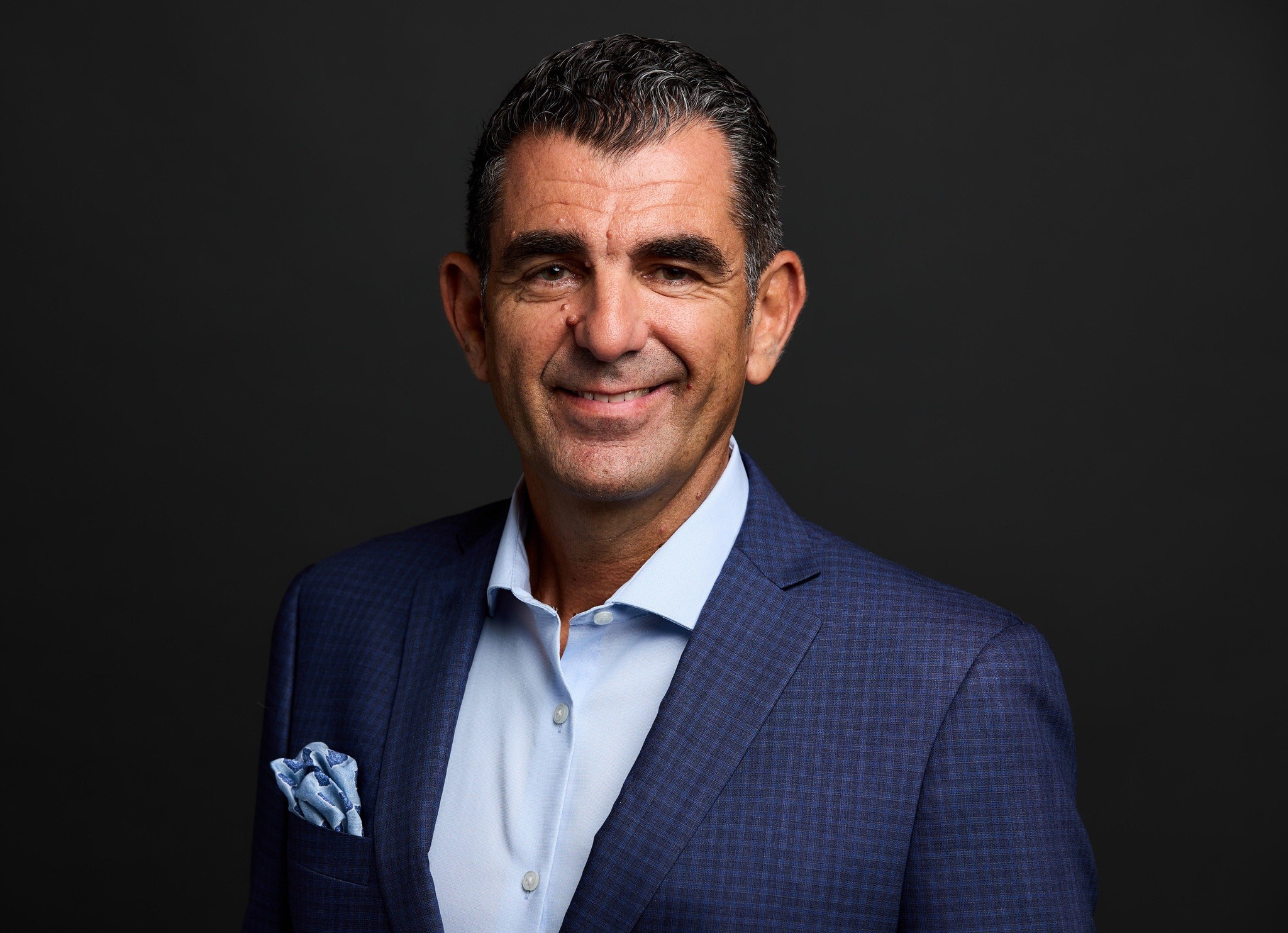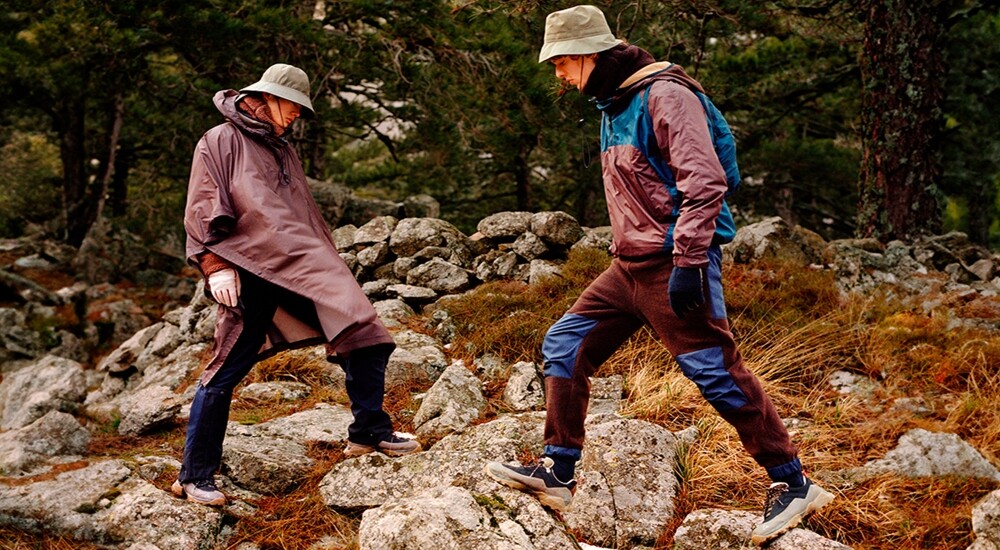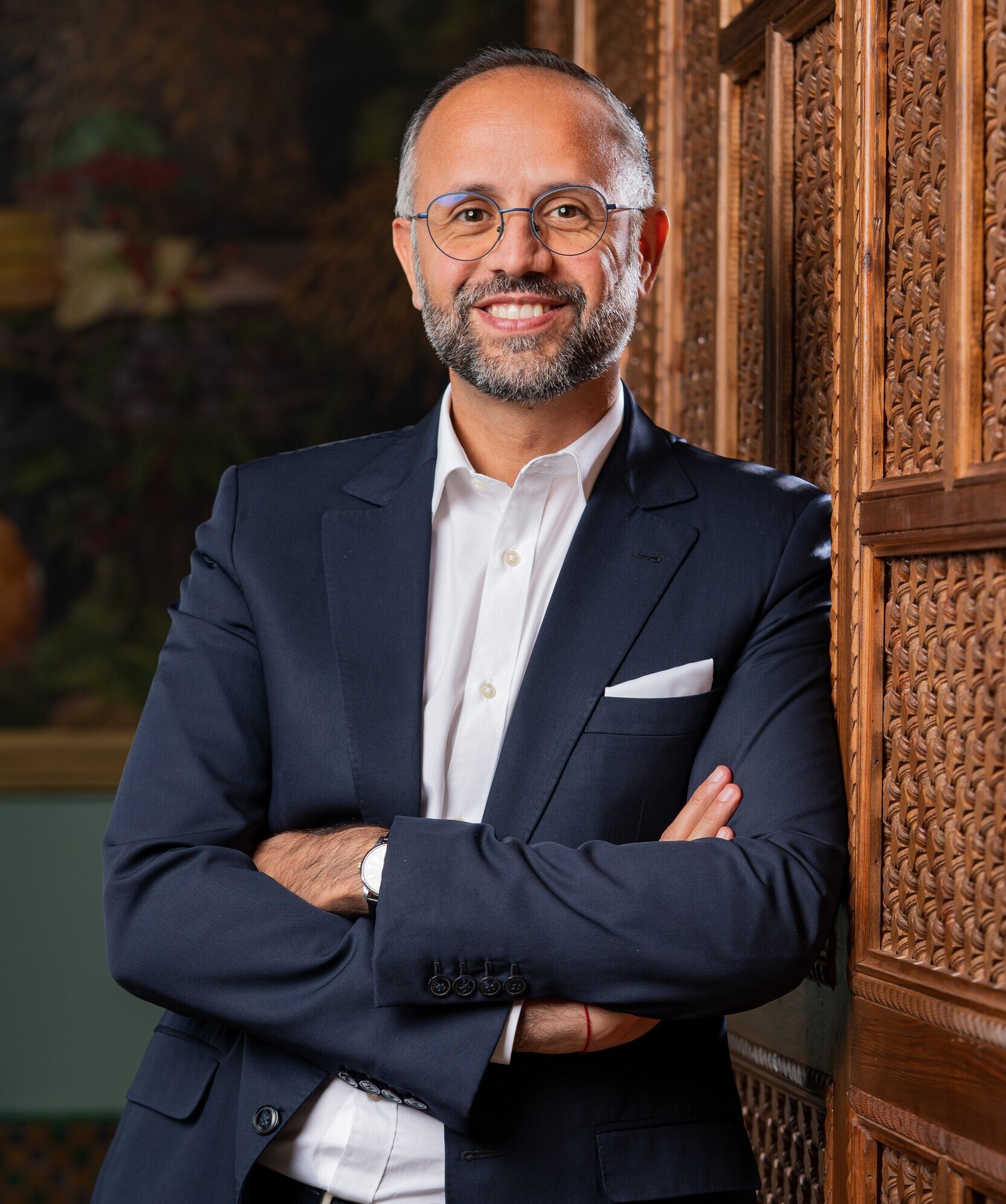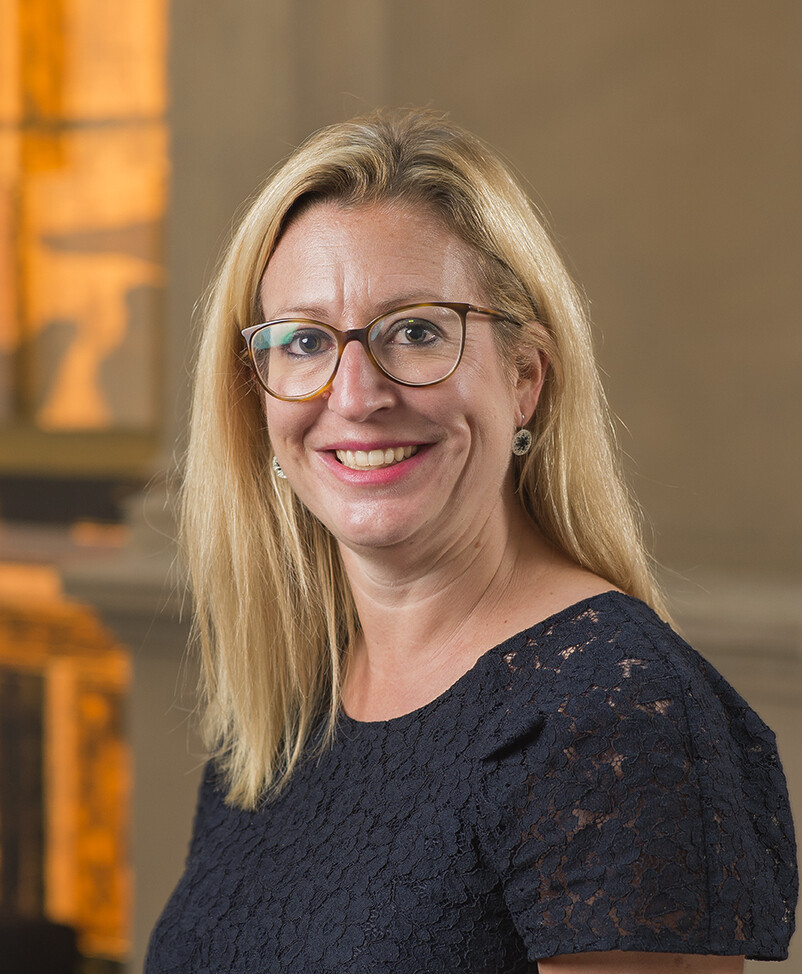With experience spanning France, Thailand, Azerbaijan, and Peru, Stuart emphasizes the importance of cultural sensitivity in anticipating client expectations. He envisions a future where hyper-personalization and sustainability are key, alongside a balance of technology and human touch. Stuart's approach combines global vision with local insights, aiming to deliver exceptional experiences in the ever-evolving luxury sector.
You have an impressive international career, having managed luxury establishments in several countries. How does this multicultural experience influence your managerial approach to the various properties you oversee?
My international journey has allowed me to develop a deep understanding of the cultural nuances that define each market. In an ultra-luxury environment, every client expects a truly personalized experience, and it is through this multicultural sensitivity that I am able to anticipate their expectations.
Whether in France, Asia, or the Maldives, I ensure that management practices are adapted while maintaining the excellence that characterizes the properties I manage.
This approach enables me to instill in my teams an open mindset, immediate responsiveness, and an absolute respect for service standards. Luxury is, above all, about the details, and it is in the mastery of these often cultural details that we exceed expectations.
What were the most significant challenges you encountered in managing hotels in such diverse destinations as France, Thailand, Azerbaijan, and Peru? How did you overcome them?
Each destination presents its own challenges, whether operational, logistical, or cultural.
For example, in France, luxury is expressed through discreet sophistication and a concern for perfection in the art of living, whereas in the Maldives, the focus is on authentic and warm hospitality.
In destinations like Azerbaijan or Peru, the challenge was to quickly understand the needs of emerging markets while respecting the global expectations of international clients.
To overcome these challenges, I have always advocated a collaborative and inclusive approach, surrounding myself with local expert teams who could provide insights into the specificities of the market, and the best professionals for the Executive Committee, who bring real hospitality expertise and are capable of training the next generation of local talent.
My role has been to bring a global vision while respecting local realities. Luxury is universal, but its interpretation varies, and it is this adaptability that has been the key to my success.
What is your vision of ideal management in 2024?
Management in 2024 must be resolutely human and connected. In the ultra-luxury industry, it is essential to inspire excellence by example while cultivating an environment where each team member feels valued and empowered. I firmly believe in leadership that emphasizes empathy, creativity, and autonomy.
Digitalization also plays a key role in improving operational efficiency and personalizing guest experiences, but nothing can replace the quality of human interactions, especially in the luxury sector.
For me, ideal management in 2024 combines technology and humanity in perfect balance, offering our teams the tools and motivation needed for impeccable service, while staying attuned to market trends and the expectations of new generations of clients.
In your opinion, why work in the luxury industry?
Luxury embodies the art of transforming everyday life into an exceptional experience.
Working in the ultra-luxury sector means dedicating oneself to excellence, the pursuit of perfection, and the emotional enrichment of clients. It also means having the opportunity to push the boundaries of innovation while remaining grounded in timeless service traditions.
Working in luxury means being part of a world where every detail counts, and where bespoke experiences become the standard.
It is also an industry where one must constantly reinvent to anticipate and meet the desires of an increasingly sophisticated, demanding, and well-informed clientele. This intellectual and creative challenge is what makes this profession so exciting.
What is your vision for the future of luxury hospitality, particularly regarding emerging trends and changing client expectations? How do you plan to adapt the properties you oversee to meet these changes?
The future of luxury hospitality rests on two pillars: hyper-personalization and sustainability.
Our clients are increasingly seeking authentic experiences, tailored to meet their individual needs, while being conscious of the environmental impact of their choices. They want to create memorable moments while ensuring their stay adheres to ethical and sustainable standards.
In our properties, we are already adapting our services to offer unique and immersive experiences, integrating eco-friendly initiatives at every level of operation.
Technology also plays a central role in this transformation, allowing us to provide ever more precise and personalized service while optimizing our ecological footprint.
The luxury hospitality of tomorrow will be as innovative as it is respectful, and we are ready to meet these demands.
And more personally, if you were…
A piece of music: Clair de Lune by Debussy – elegant, timeless, and capable of capturing the essence of the moment with subtlety.
A drink: An aged cognac – refined, complex, and meant to be savored slowly, much like the experiences we offer our clients.
A book: The Art of Simplicity by Dominique Loreau – because in luxury, everything lies in the mastery of simplicity and perfection in details.
An animal: An eagle – for its panoramic vision, its ability to soar above challenges and exceed expectations, while remaining grounded in mastery of its environment.





